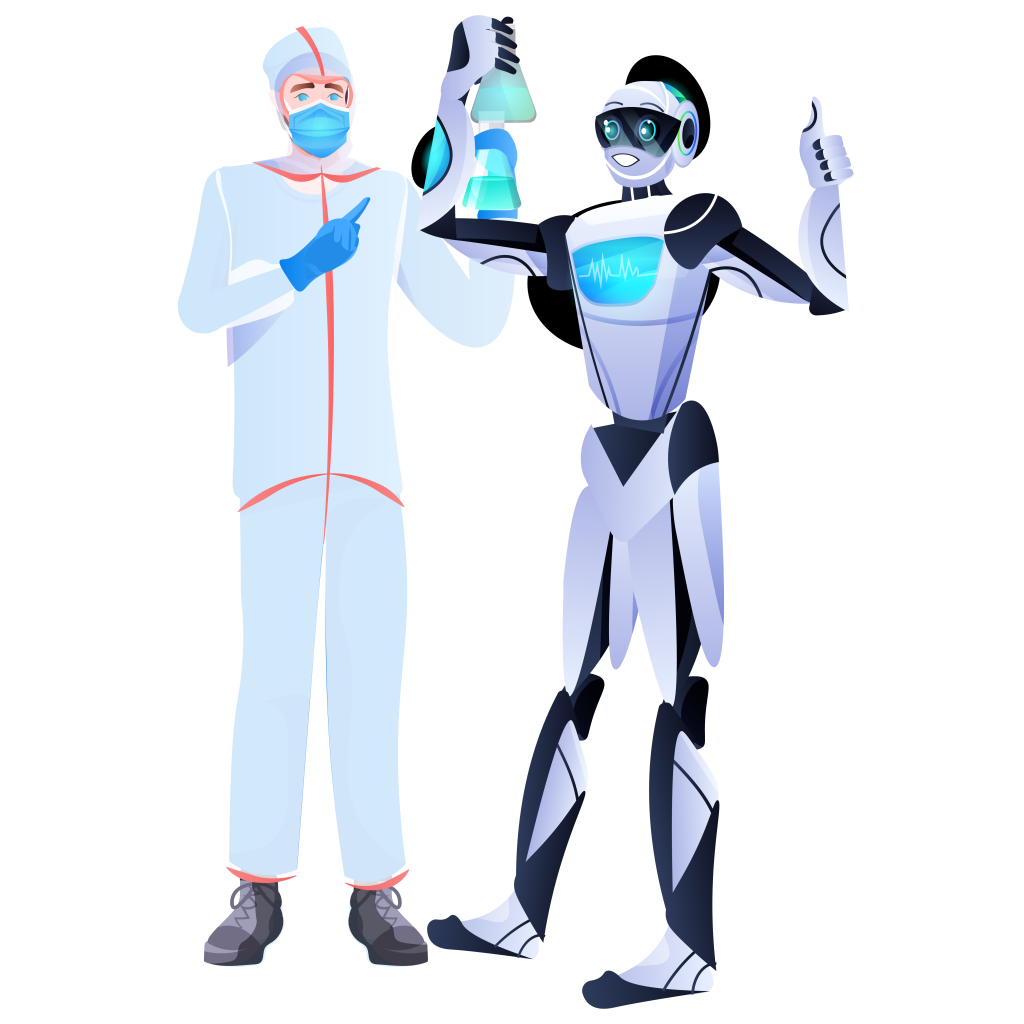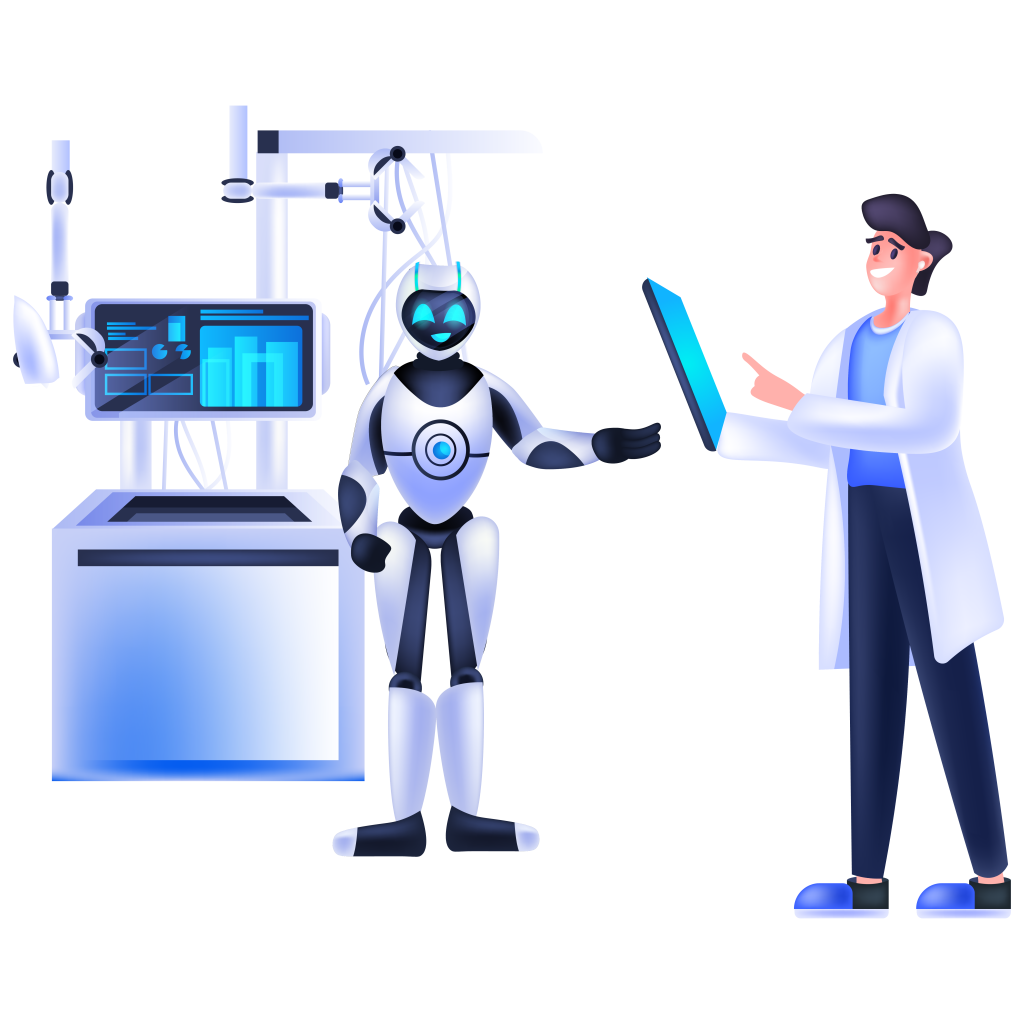Personalized
GPT AI Doctor
Currently, in developing countries, there are only 60 doctors available for every 100,000 people, while in developed countries, there are 80 doctors available for the same population. Our objective is to revolutionize medical care globally by providing each individual with access to an GPT AI Doctor, while simultaneously enhancing the overall medical infrastructure worldwide.
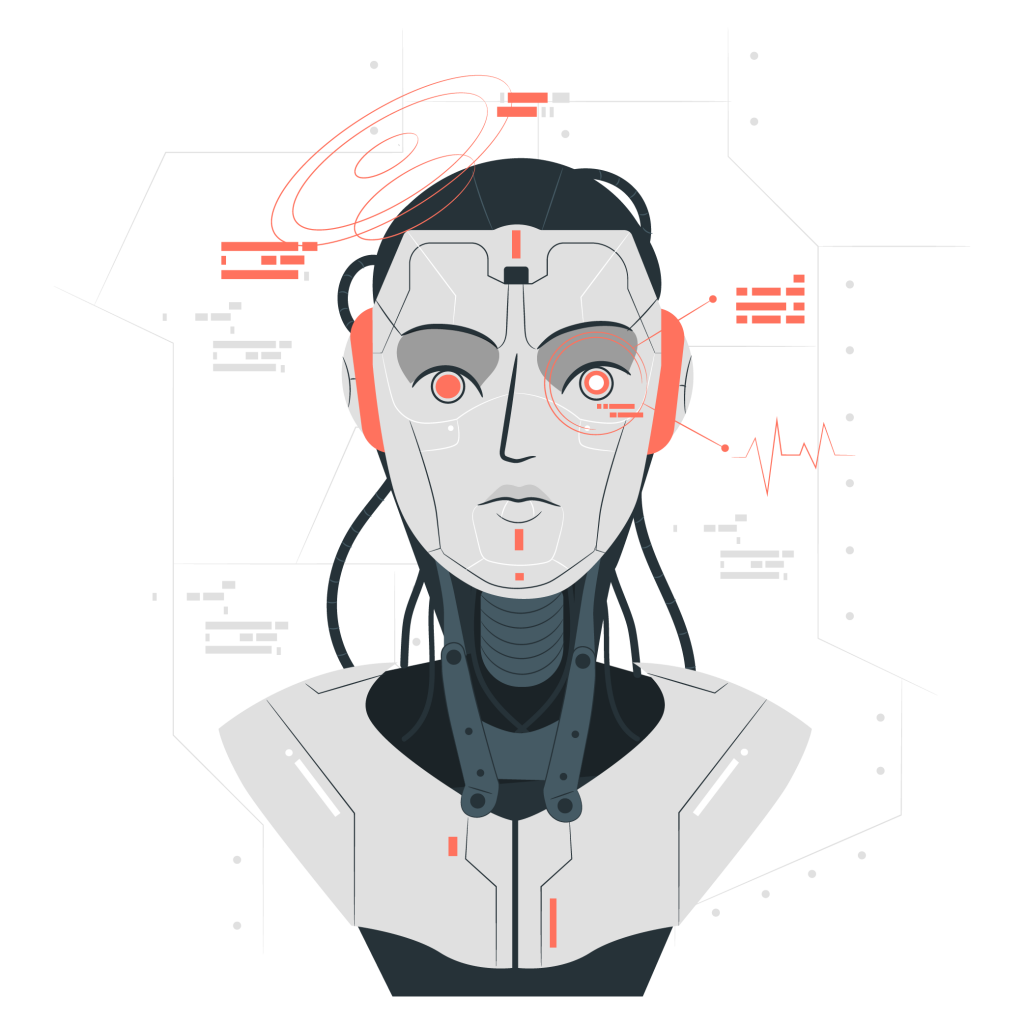
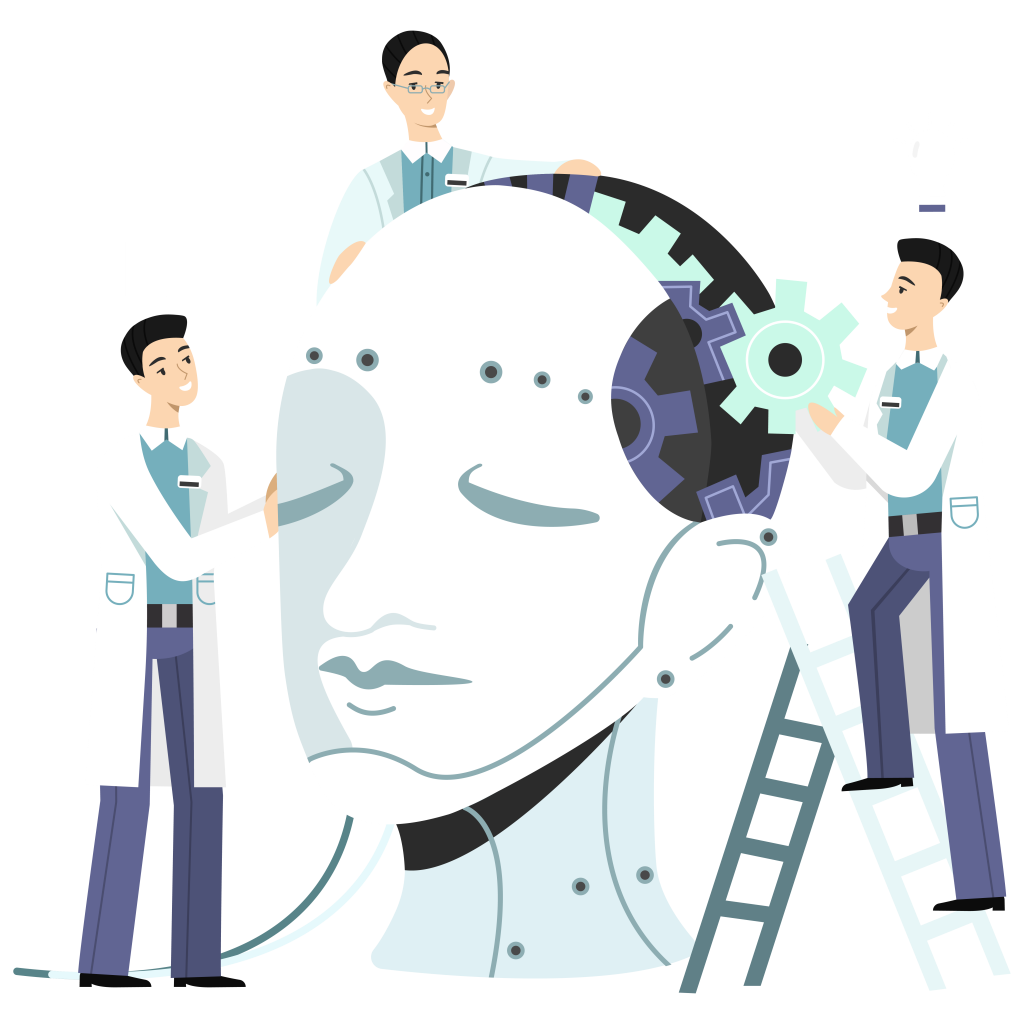
AI in medical industry
Over the past 20 years, the medical industry has undergone revolutionary changes to include Artificial Intelligence (AI) in its medical procedures. Doctors with more than 10 years of experience find it difficult to keep up with AI’s cutting-edge software, which can find patterns in vast amounts of data that hint at potential future medical treatments. Today, hospitals, pharmaceutical businesses, and biotech startups, both established and emerging, need deep learning to survive.
How AI doctors provide solutions for hospitals
Between 1980 and 1987, expert systems with specific expertise increased. Interest in AI waned before IBM’s Deep Blue in 1997, but since then, AI has been used in humanoid robots, autonomous vehicle testing, handwriting recognition, and the first domestic robot. AI doctor development companies are racing to create the next generation of healthcare tools.
AI has implications that will alter how diseases are identified and treated in healthcare, banking, and transportation. AI has been used in various applications, including handwriting, face, object, and speech recognition; virtual reality; image processing; natural language processing; chatbots; email spam filtering; robotics; and data mining. By 2025, Tractica, a market intelligence company, projects that yearly global AI sales will reach $36.8 billion. We pledge to make sure patients with any diseases can be diagnosed by our personalized AI doctor.
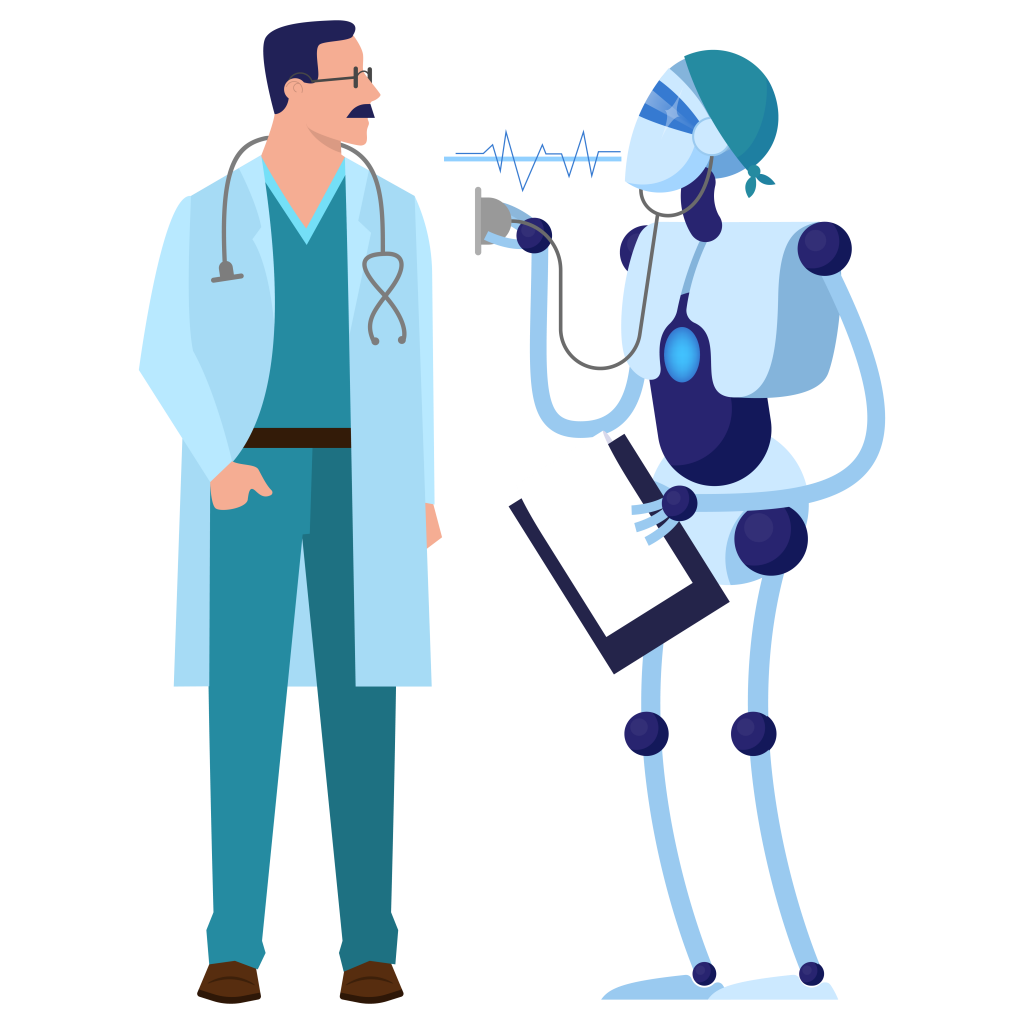
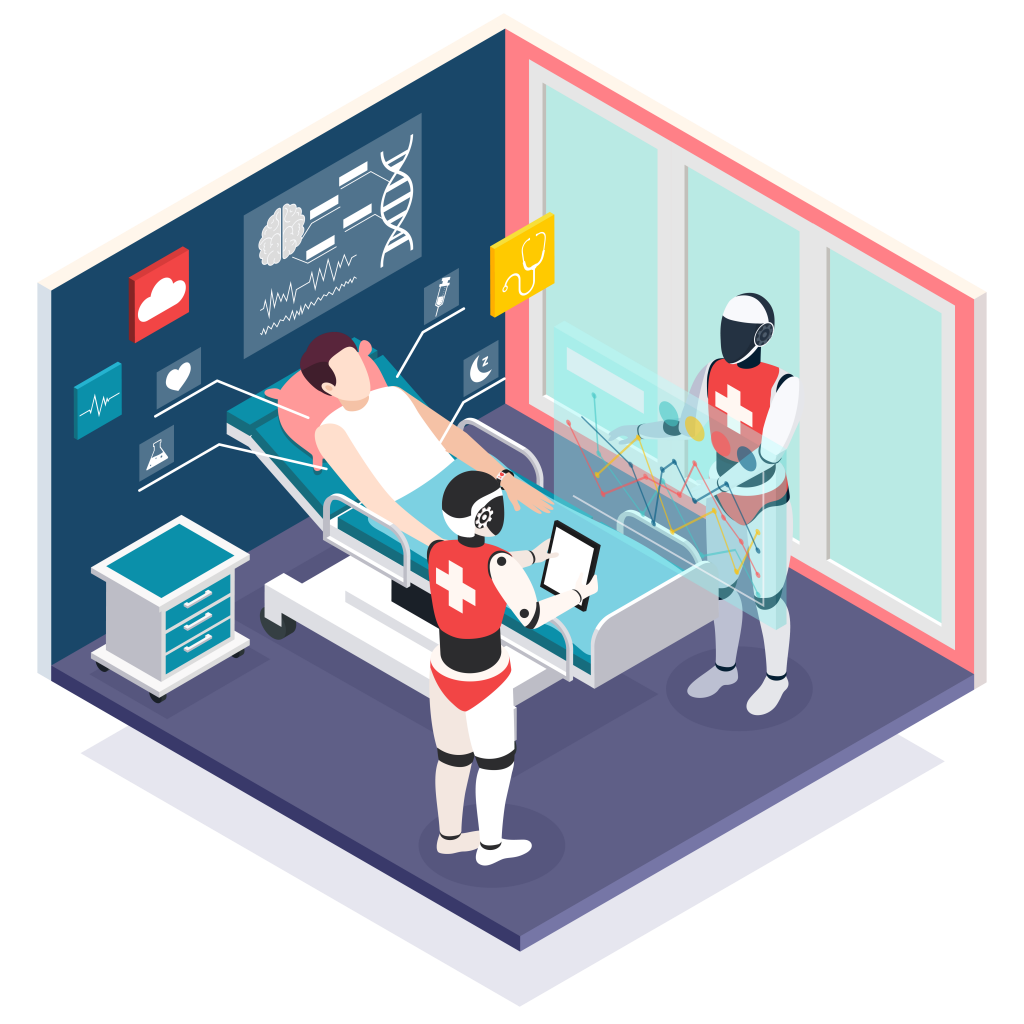
Artificial intelligence for personalized medicine
Through massive datasets, advances in artificial intelligence (AI) offer the chance to optimize routes for GPT-3 medical diagnosis and prognosis and generate individualized treatment plans. For instance, studies that include potential risk factors, such as underlying genetics and particular surroundings, may help create preventative measures and more precise diagnoses. Also, structural and functional imaging tools can help doctors better understand a patient’s present condition and guide their treatment. This collection of papers will show new developments in the use of gpt-3 healthcare, from individualized risk assessment to enhanced diagnostic and therapeutic regimens.
Artificial Intelligence in Medical Diagnosis
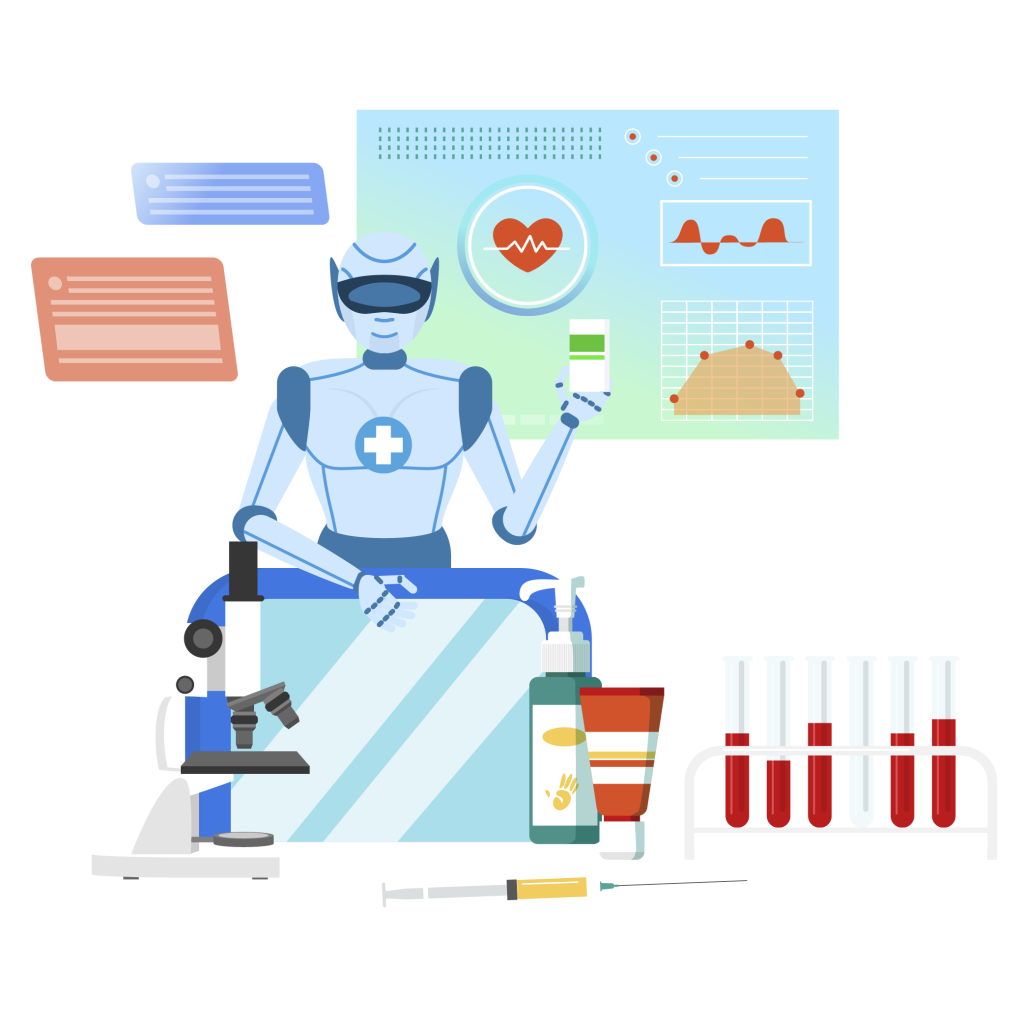
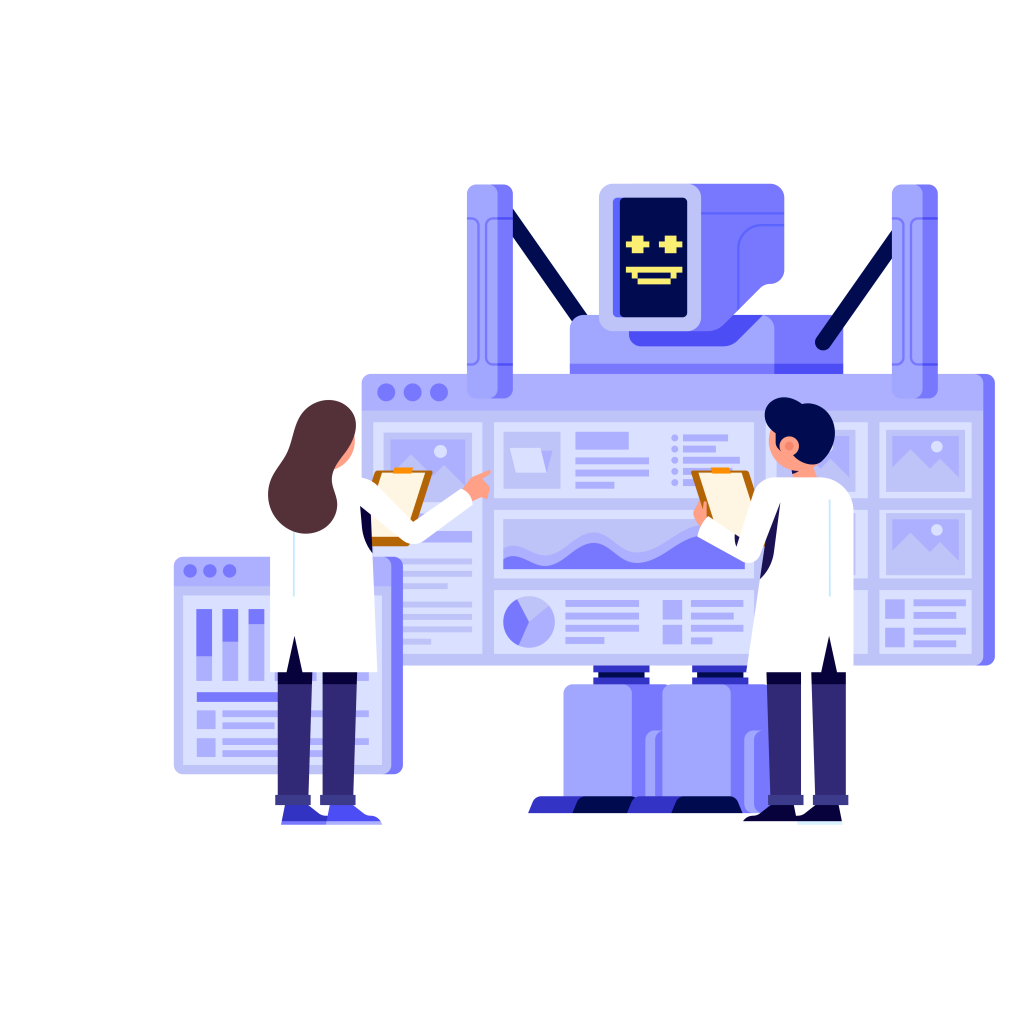
How accurate is our personalized GPT AI Doctor
A doctor’s diagnosis of a patient is less effective and accurate than artificial intelligence. AI has been shown to increase diagnosis accuracy by more than 40% and potentially reduce hospital treatment costs by up to 50%. AI has the potential to improve early diagnosis, reduce the costs of pointless therapies, and change the way artificial intelligence in healthcare is utilized in the future. We are the leading AI doctor development companies in India with revolutionizing healthcare with cutting-edge technology.
Future of Artificial Intelligence / GPT-3 in Healthcare
Identifying diseases with artificial intelligence in medicine is now simpler with GPT-3 medical diagnosis, and action is quicker. AI outperforms dermatologists and other medical professionals who spend lots of dollars to become field experts. Future AI in medicine will be able to carry out multiple activities simultaneously, process and evaluate thousands of photos, and choose a diagnosis from hundreds of alternatives thanks to deep learning. But, the biggest challenge facing hospitals and biotech firms is integrating such crucial technologies into their operations.
Businesses with well-respected data science and AI systems know the significance of effectively integrating such technology to obtain the most precise and timely outcomes. The growth of AI has created new possibilities for quicker and less expensive patient diagnoses. The best way to ensure that patient diagnoses are as accurate as possible is to contract this work with a reputable artificial intelligence service provider. Even if there are still challenges to be overcome, our GPT-3 AI doctor can handle the majority of problems that doctors face today.
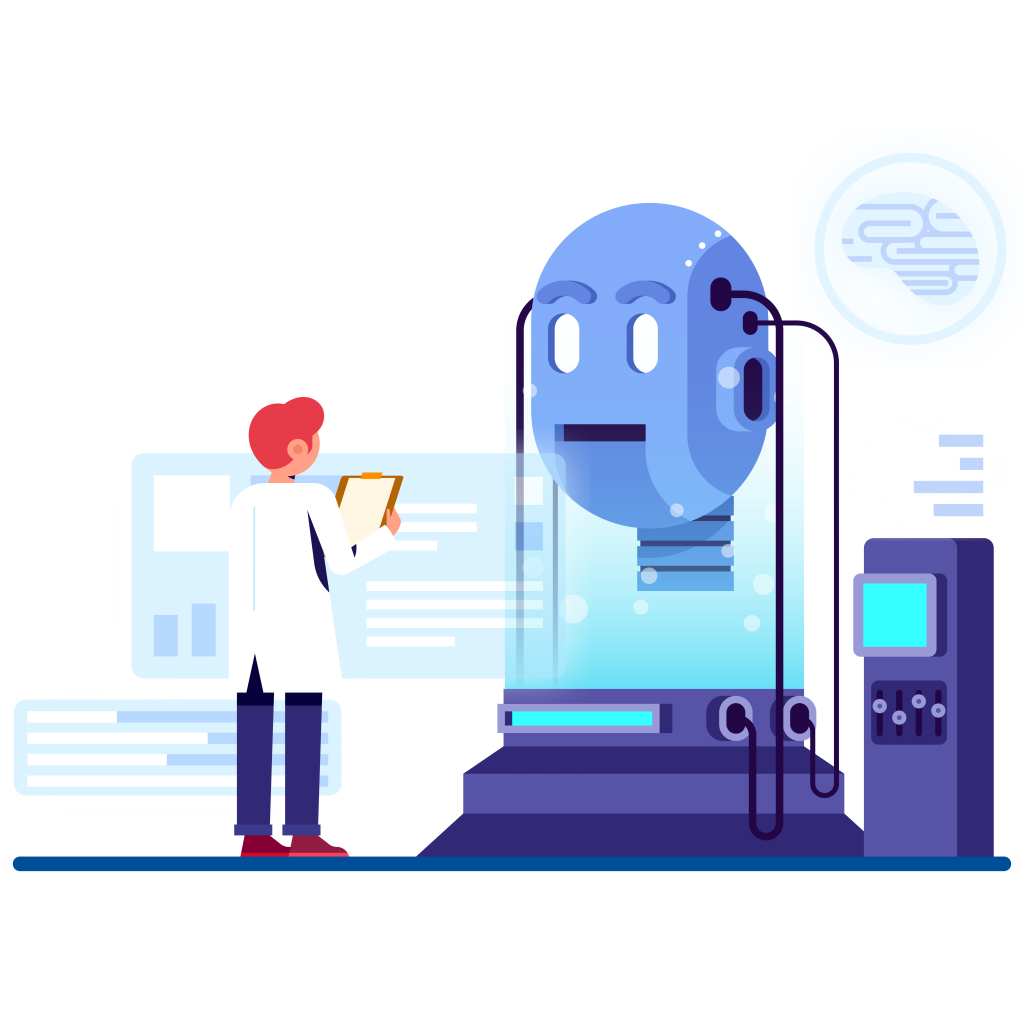
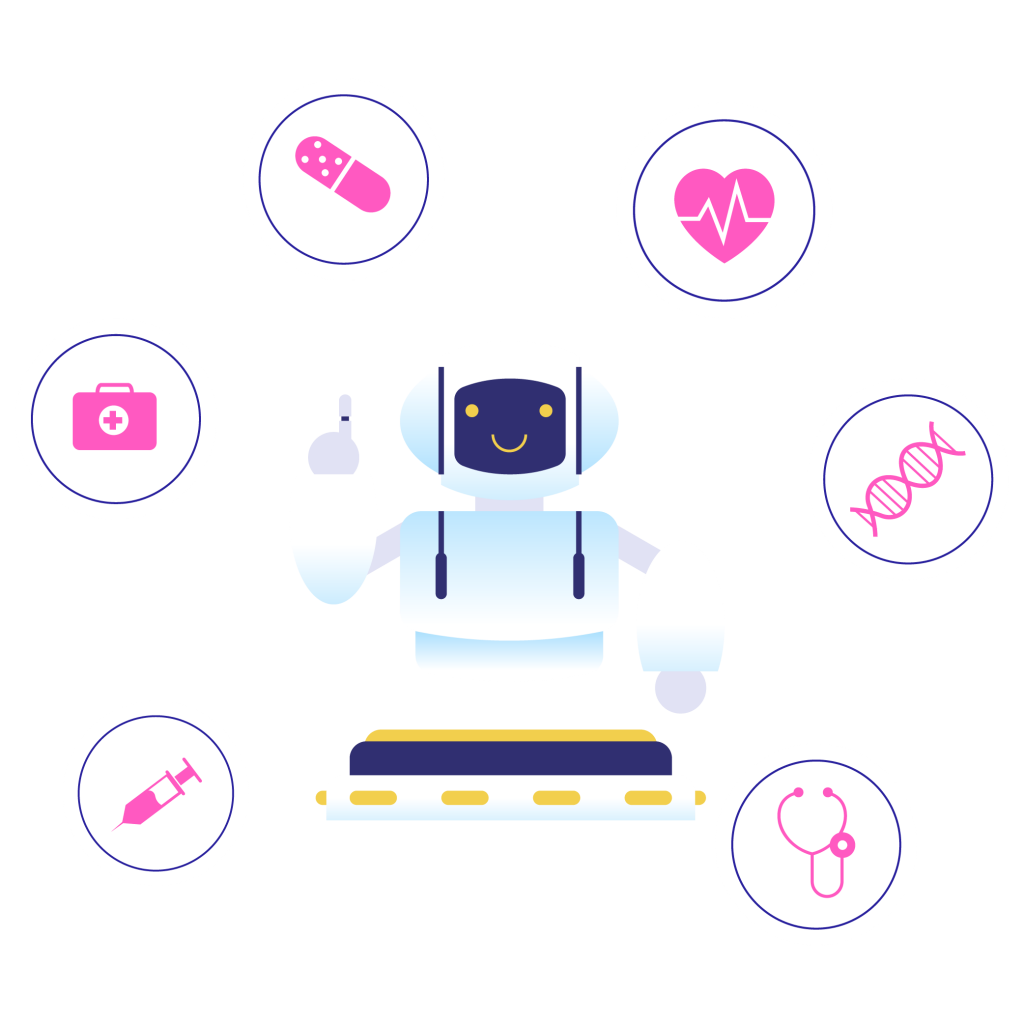
Advantages of Artificial Intelligence/ GPT-3 in Healthcare
The uses of Ai in healthcare has several significant advantages, including:
Disease identification
Time-bound lab analysis and diagnosis are reduced when we use GPT-3 medical diagnosis to identify diseases. It can take days, weeks, or even months to process sending medical records to a lab or professionals on the other side. Our ability to use deep learning AI systems speeds up diagnosis selection. Create machine learning-based automation solutions; combining AI with deep learning and predictive analytics is crucial.
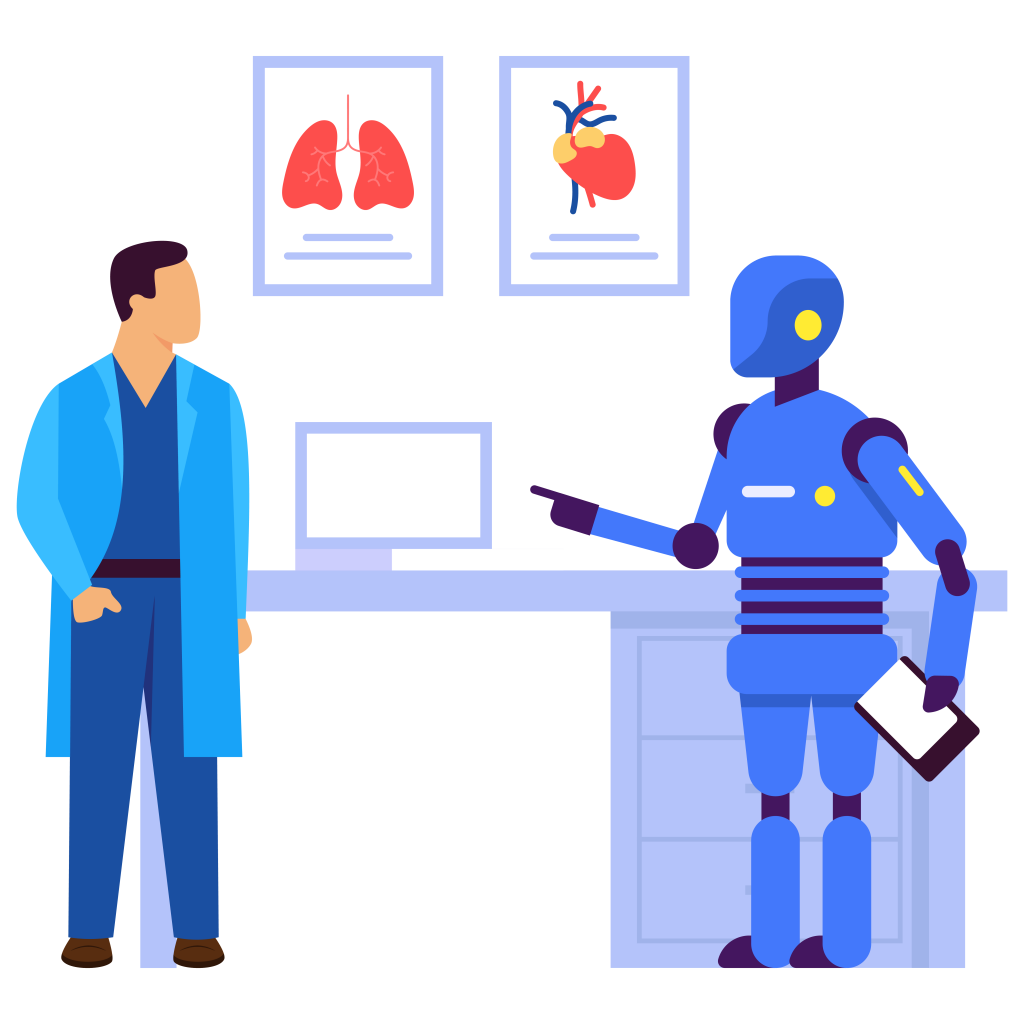
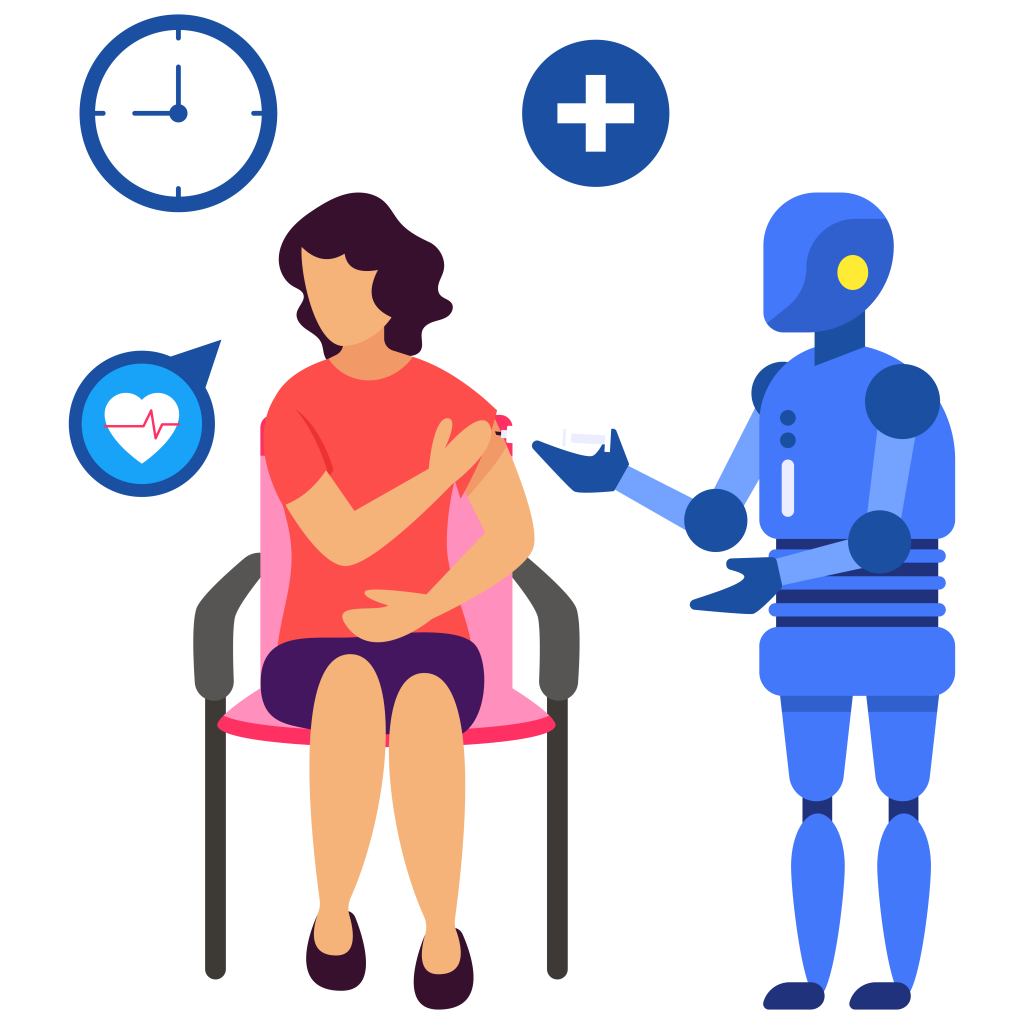
Preventive Treatments
Healthcare organizations can now concentrate on more potent and preventative therapies because of artificial intelligence. There are efforts to use Artificial intelligence in medical field for preventive treatments like breast screenings, retinal scans, ultrasonic heart scans, and others. Waiting for severe and invasive sickness or illness symptoms is no longer sufficient before seeking therapy. AI prioritizes early identification and preventative measures to improve survival rates and effective treatment.
Long-term Cost Savings
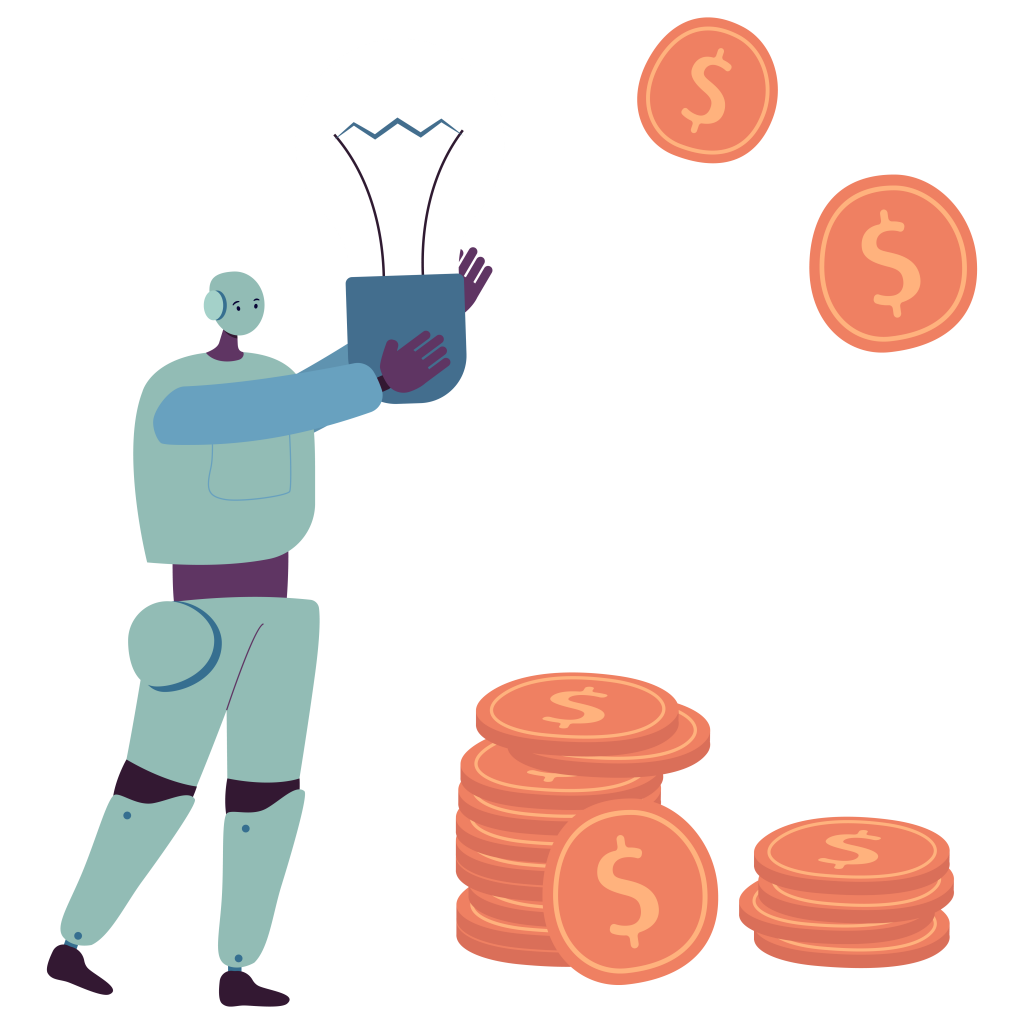
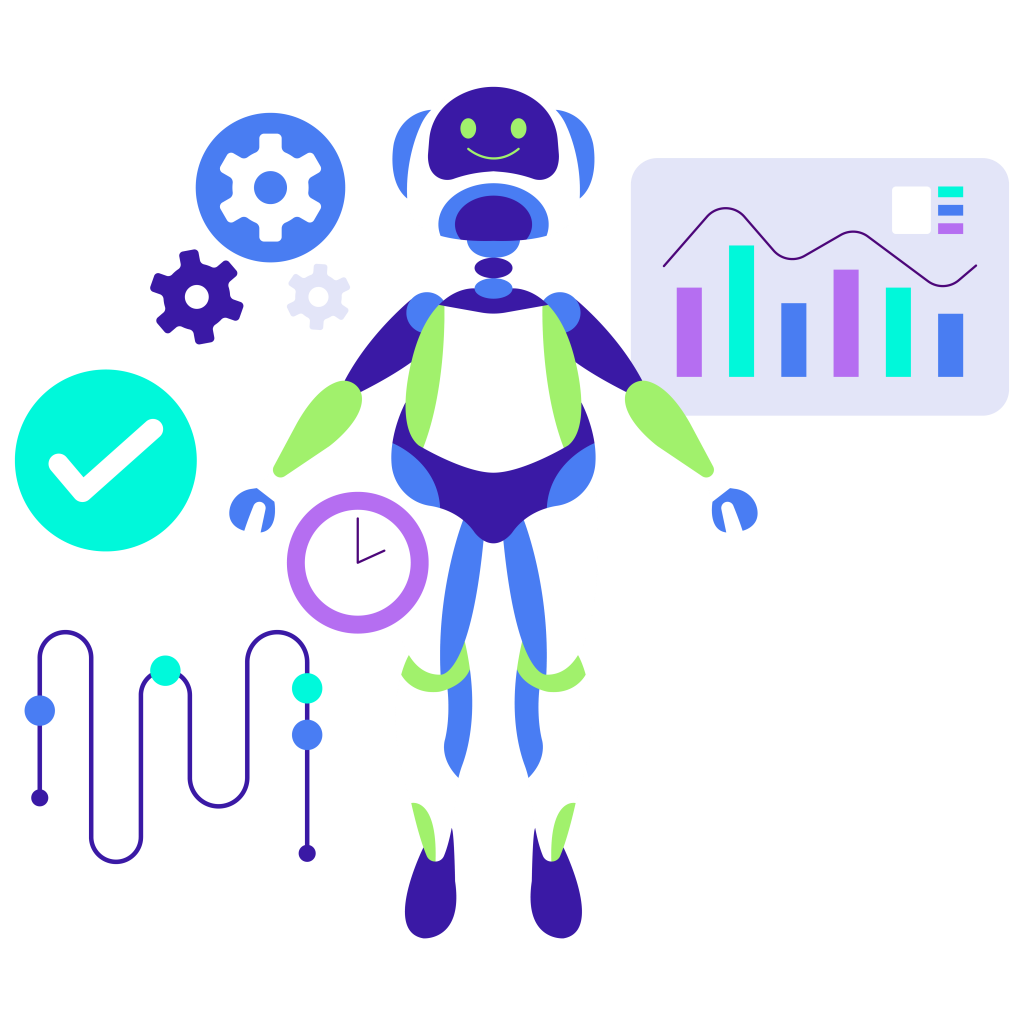
Enhances Precision and Efficiency
Artificial intelligence in healthcare can be utilized to increase the skill and energy needed for precision and efficiency in hospitals. Uses of GPT-3 in healthcare could replace future doctors who can still learn and provide correct diagnoses. Using Artificial Intelligence in the healthcare industry encourages strategic and efficient processes, raising the standard of care to new heights.
Quicker Patient Diagnosis
Eventually, more sophisticated treatment may be offered alongside quicker patient diagnosis thanks to the collaboration with reputable AI service providers. We move closer to a time when healthcare is easily accessible and reasonably priced when we employ artificial intelligence to detect skin cancer. A strong cadre of skilled doctors is necessary to develop a strong medical system, and we are here to assist you with our AI doctor.
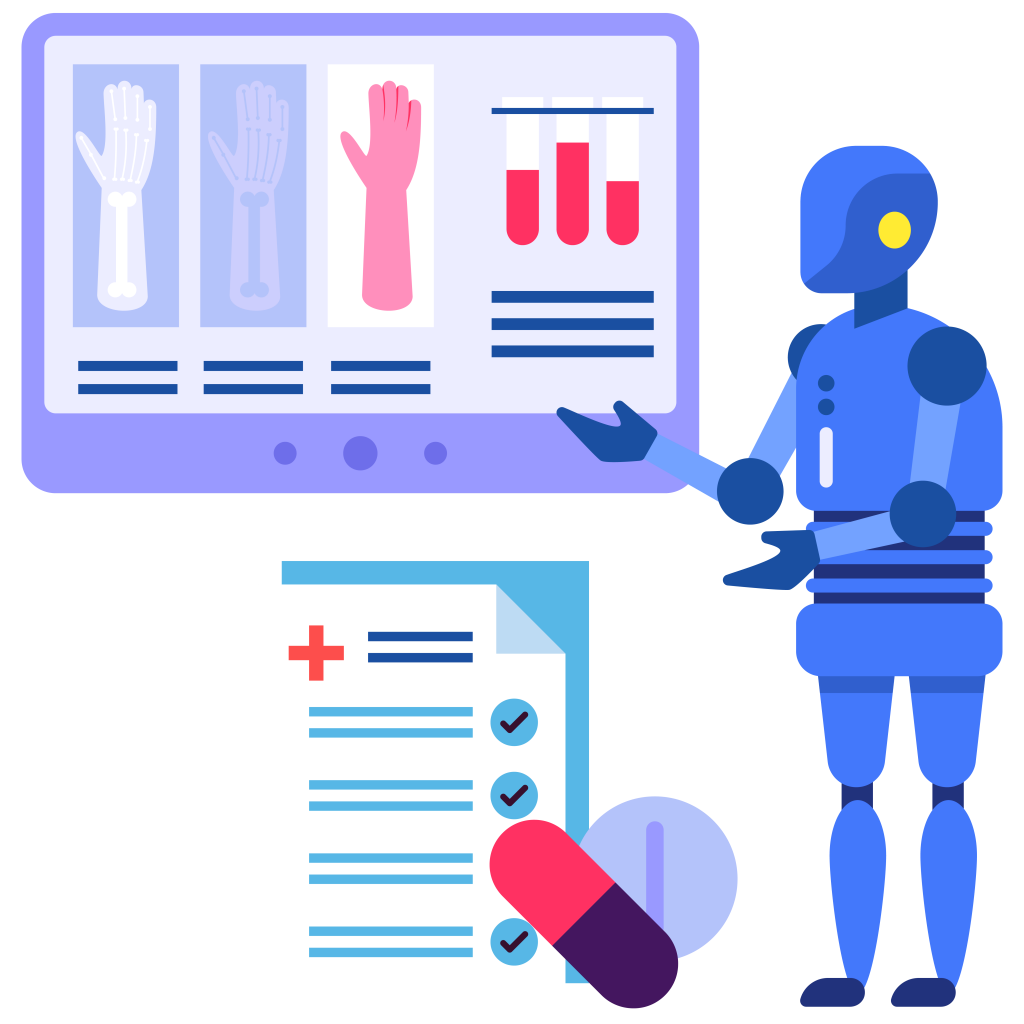
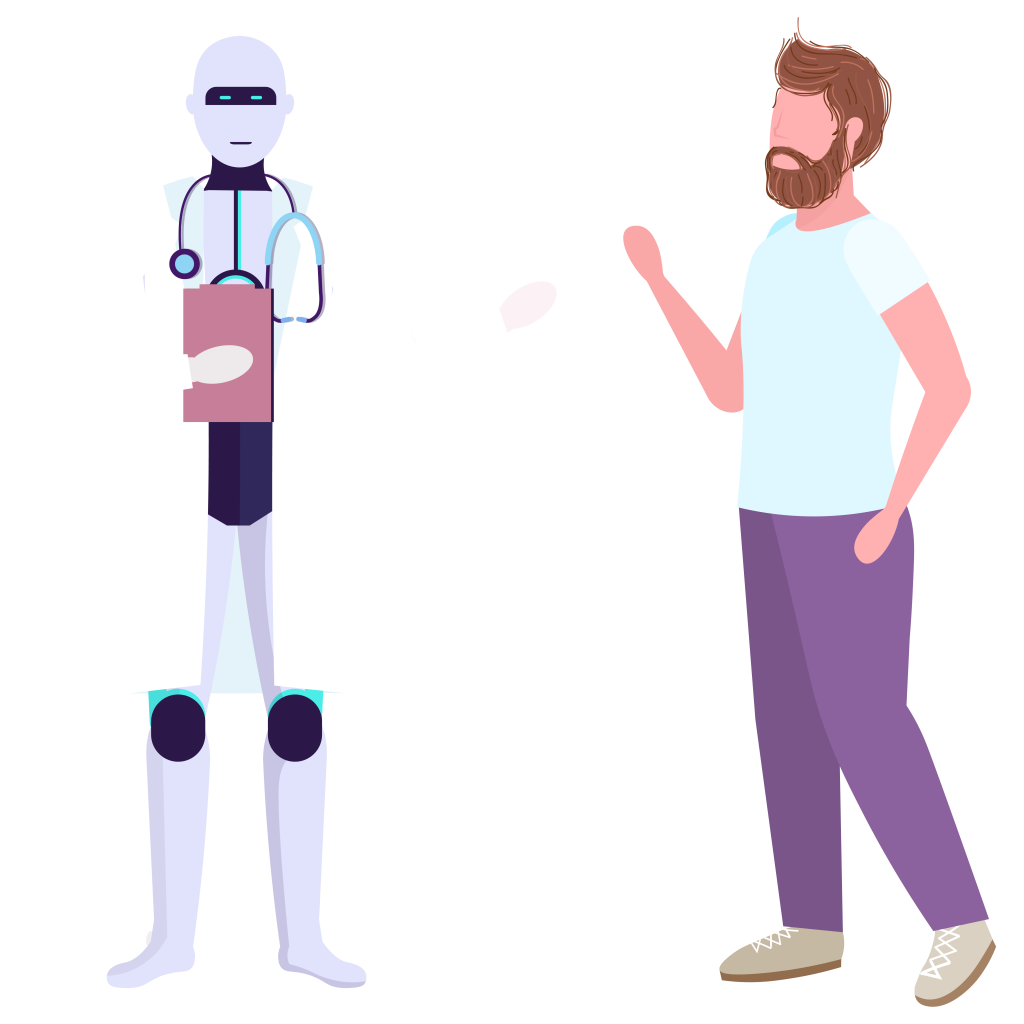
AI Can Beat Doctors in Patient Diagnosis
- Artificial intelligence evaluates patients more quickly and draws judgments than doctors do.
- Several methods provided by artificial intelligence outperform the accuracy and precision of diagnostic techniques used by clinicians.
- With their diagnosing software, artificial intelligence provides a cheaper alternative to the pricey manual diagnostic examinations.
- Artificial intelligence shortens drawn-out detections and will position healthcare's future toward more effective, sustainable, and affordable care.
GPT-3 medical diagnosis has a bright future, and we will see many hospitals, medical professionals, and healthcare organizations supporting it and using it to diagnose patients quickly and accurately.
Role of AI in Healthcare
Virtual Health Assistant
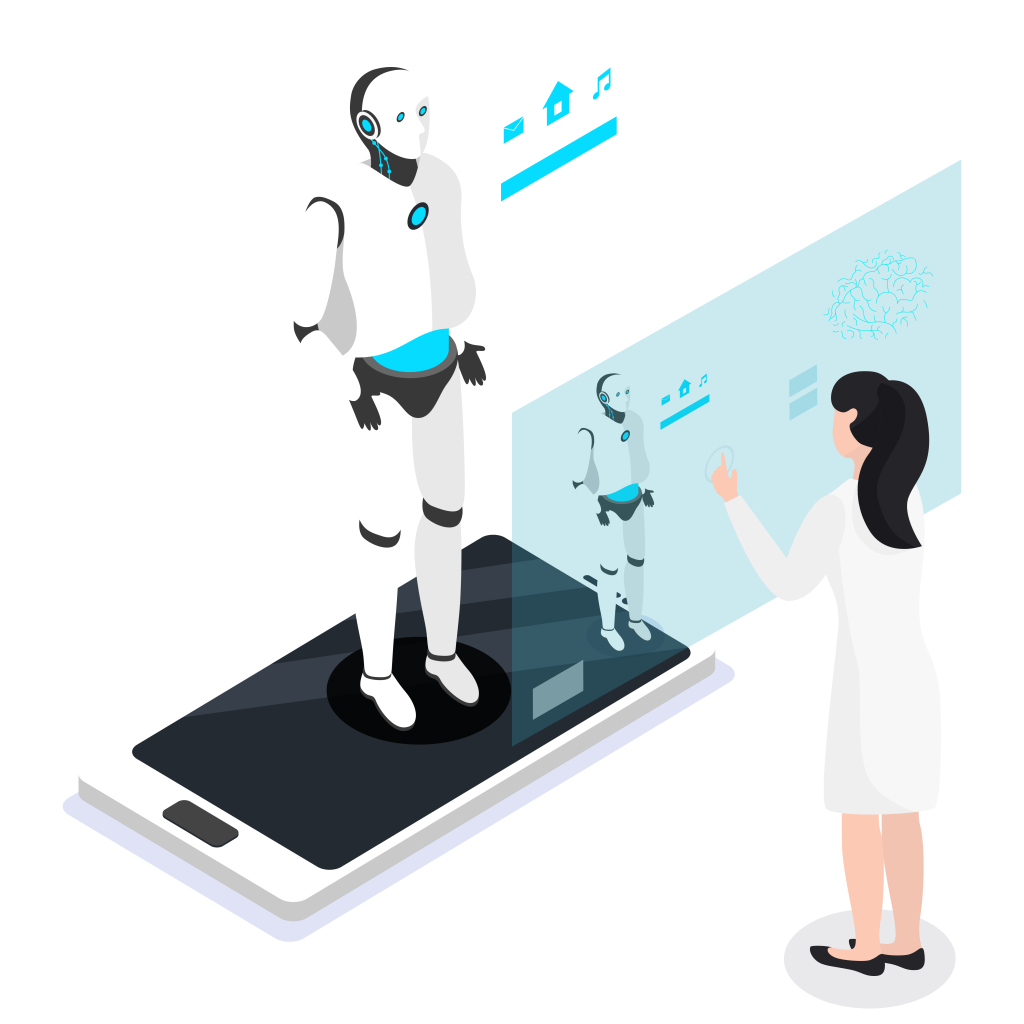
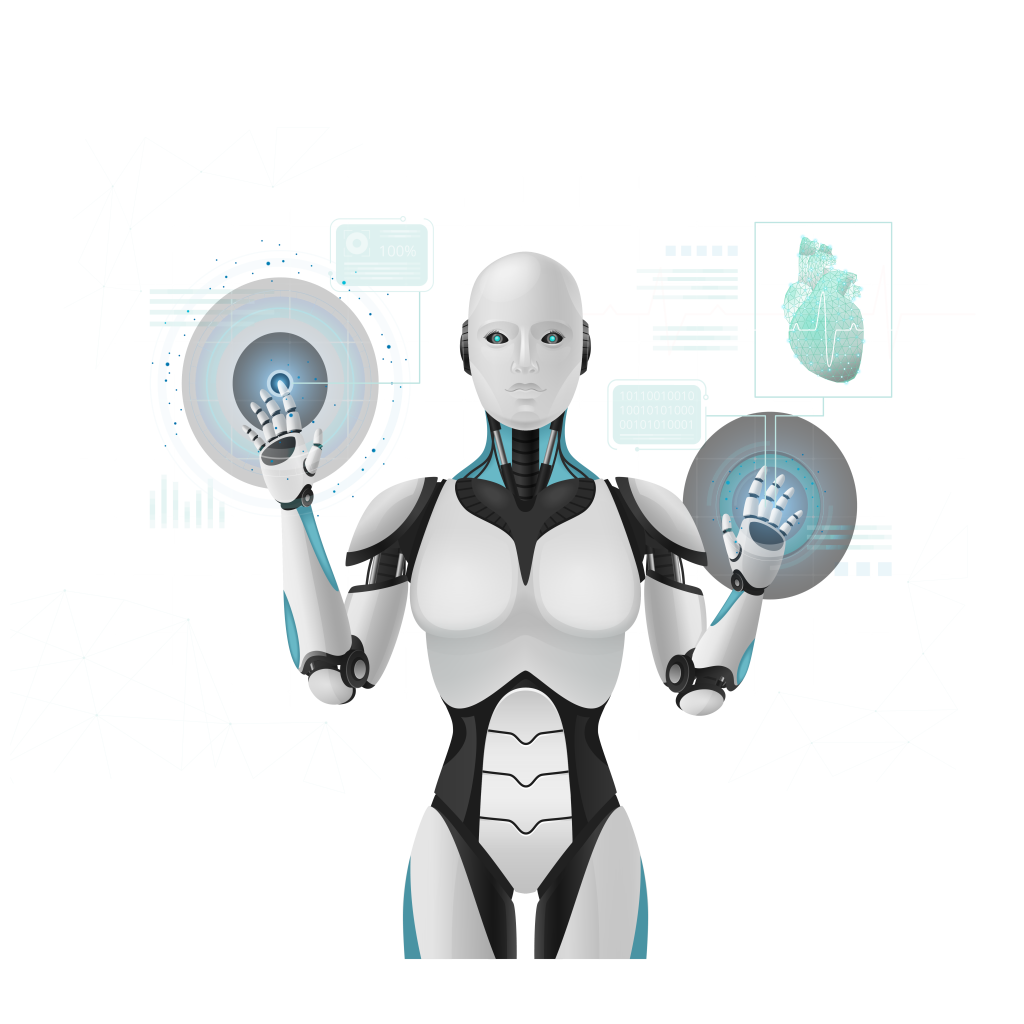
Diagnosis
Healthcare Bots
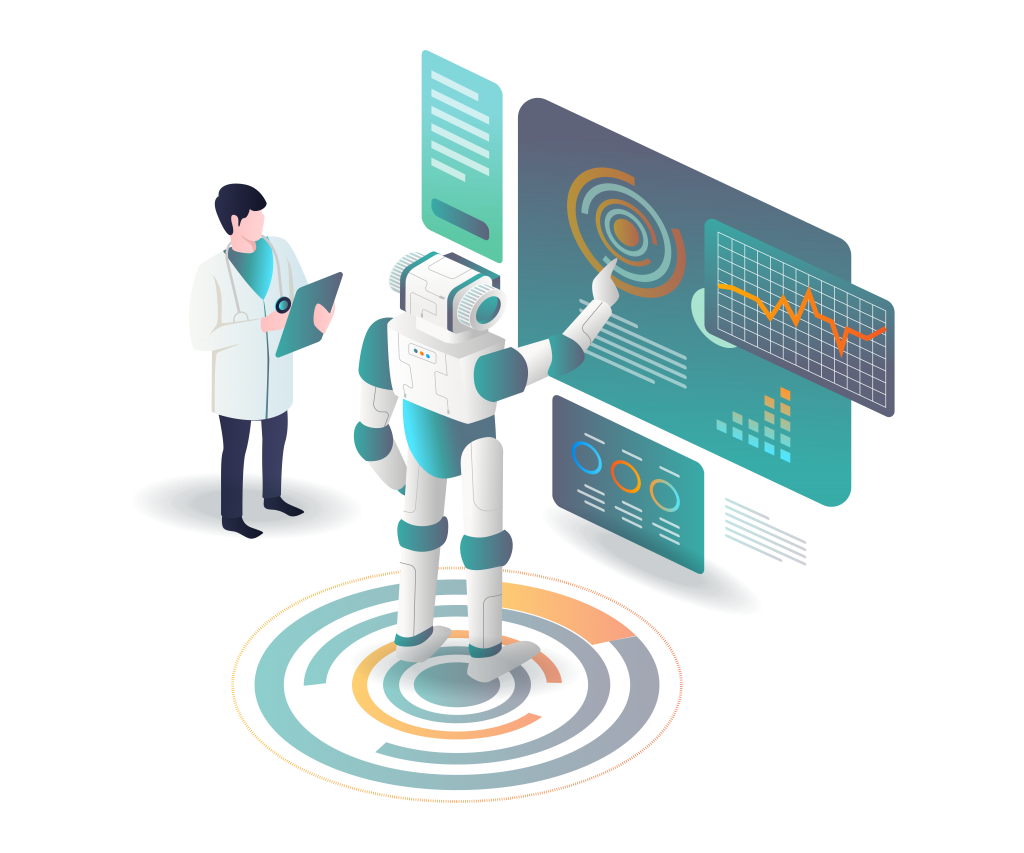
GPT-3 Healthcare bots now have certain improvements, such as the capacity to
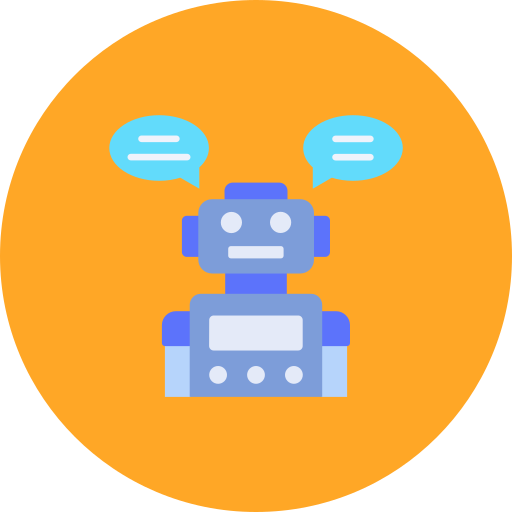
Study and imitate human speech
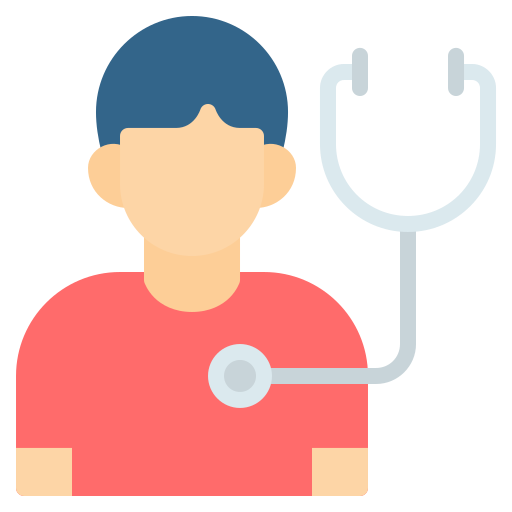
Engage patients with empathy; emotions must be detected.
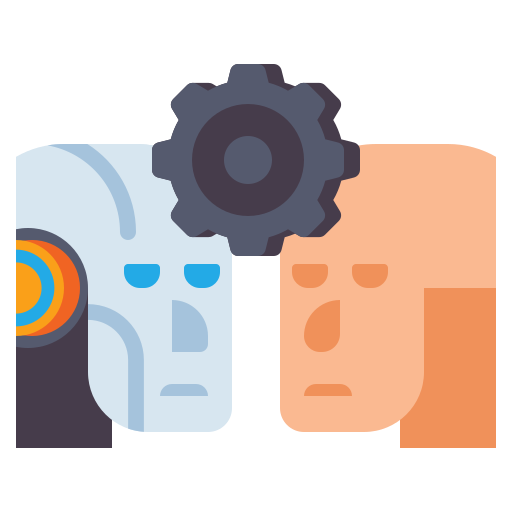
Create conversation scripts that incorporate NLP, sentiment analysis, and concept mining
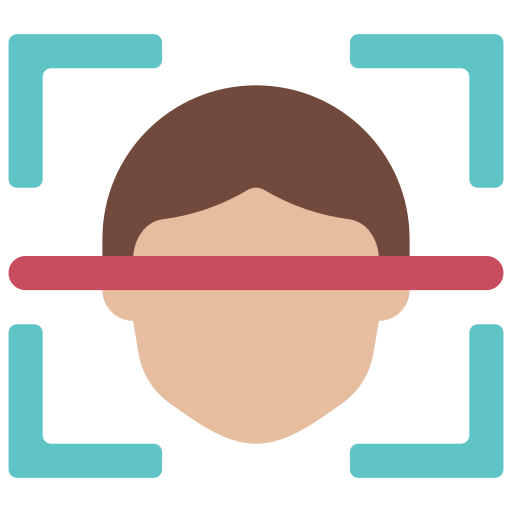
Analyze photographs, handwritten notes, and barcodes using sophisticated image recognition tasks.

Study and imitate human speech

Engage patients with empathy; emotions must be detected.

Create conversation scripts that incorporate NLP, sentiment analysis, and concept mining

Analyze photographs, handwritten notes, and barcodes using sophisticated image recognition tasks.
Other applications of Artificial intelligence/GPT-3 in the healthcare industry include
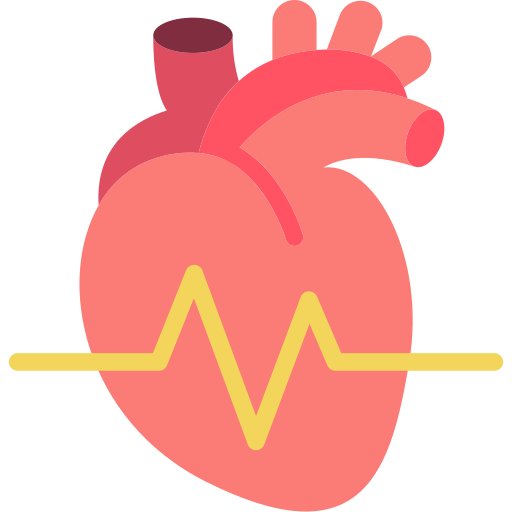
Heartbeat evaluation
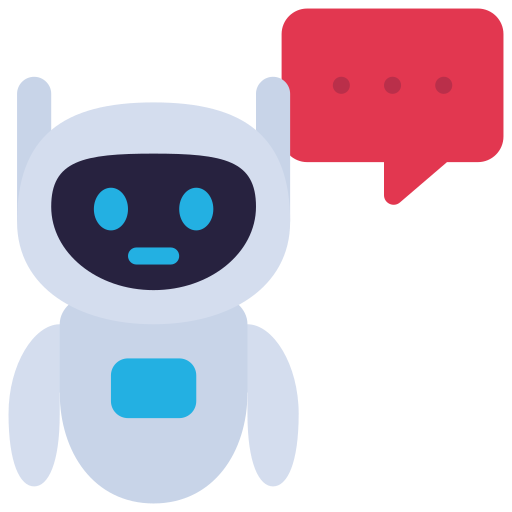
Robot companions for the elderly
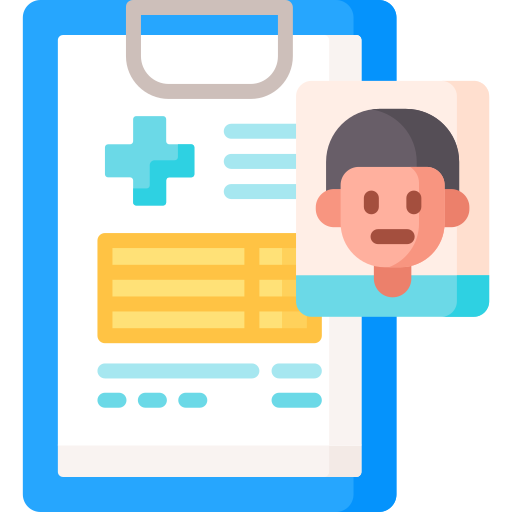
Search for medical records

Create treatment strategies

Assist with rote tasks and offer advice
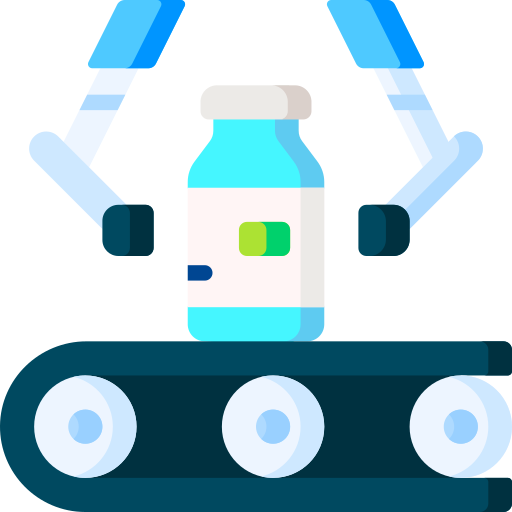
Drug production

Clinical training with avatars
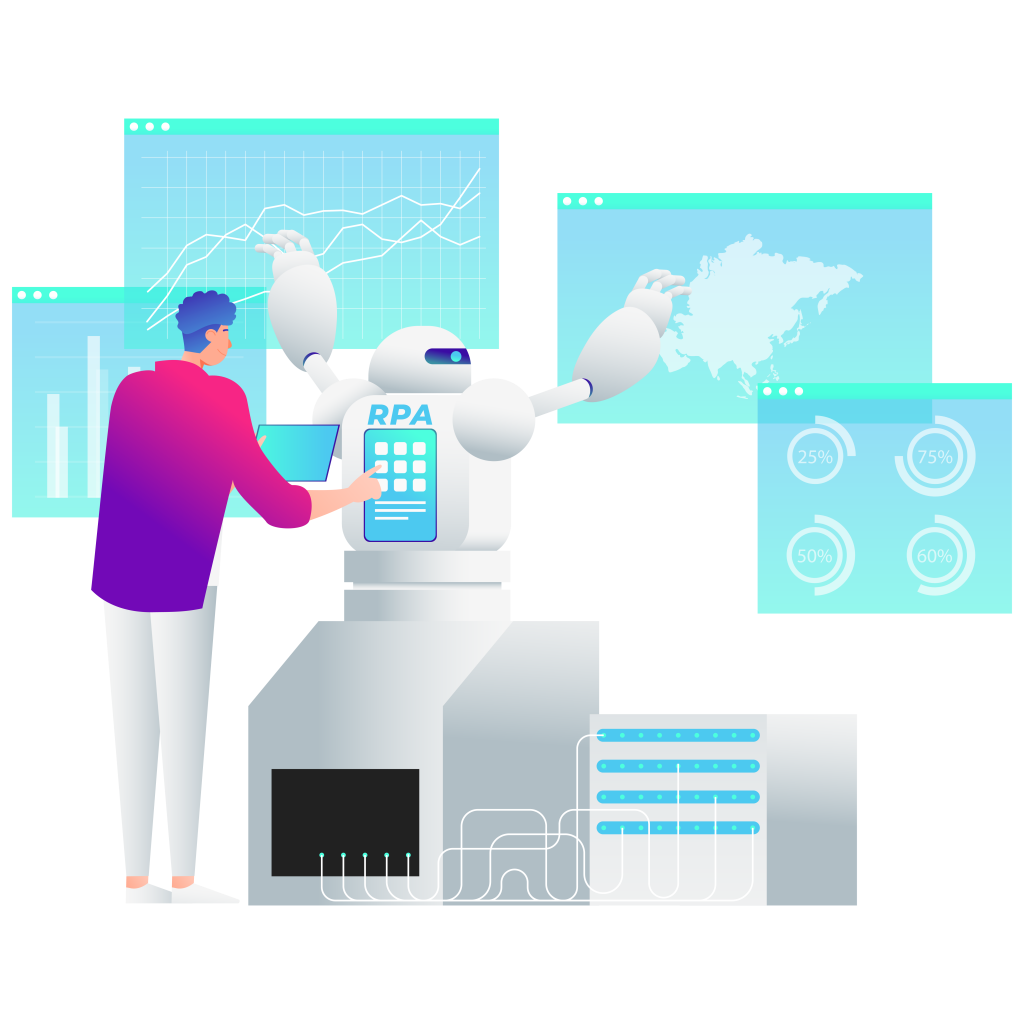
Impact of AI on the medical field
Burnout is a global problem affecting medical workers’ productivity and raising costs. With technology development, healthcare businesses can gain from using AI, paperless paperwork, and automation solutions. An AI doctor for hospitals is transforming patient care by providing accurate diagnostics and personalized treatment plans
How AI helps Doctors
Computer-assisted physician documentation (CAPD) powered by artificial intelligence (AI) acts as a scribe and advisor, nagging doctors with suggestions for documentation to make sure that records are as comprehensive as possible. These soft prods facilitate accurate billing and payment while reducing clinician stress. AI doctor development companies in Chennai are at the forefront of integrating artificial intelligence into medical diagnostics and treatment.
